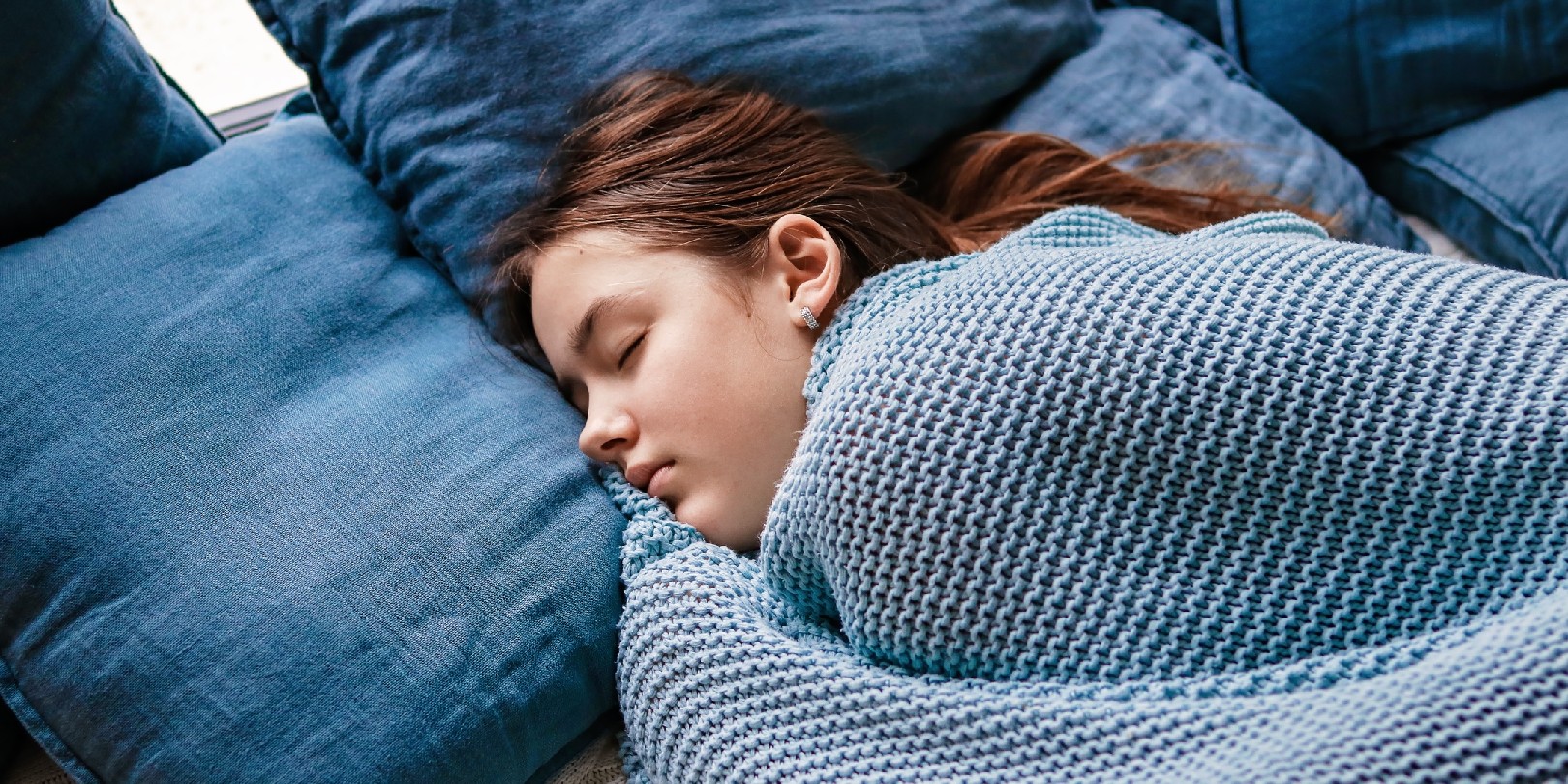Simple Tricks To Fall Asleep Faster and Easier

Do you find yourself tossing and turning at night, struggling to fall asleep? You’re not alone. Many people experience difficulties with sleep, which can impact their overall health and well-being. The good news is that there are simple tricks you can incorporate into your routine to help you fall asleep faster and easier and reduce tossing and turning in bed all night. In this blog, we will explore ten effective techniques that can help you improve your sleep quality and wake up feeling energized, refreshed, and ready to start a new day. Read on below and be on the road to a good night’s sleep.
Practice Relaxation Techniques
Relaxation techniques such as deep breathing, progressive muscle relaxation, and mindfulness meditation can help calm your mind and body, making it easier to fall asleep. Spend a few minutes before bed practising these techniques to help you unwind and prepare for sleep.
Create a Comfortable Sleep Environment
Your sleep environment plays a crucial role in your ability to fall asleep. Make sure your bedroom is conducive to sleep by keeping it dark, quiet, and cool. Invest in a comfortable mattress, pillows, and breathable bedding to create a cozy and inviting sleep environment.
Keep Your Bedroom Clutter-Free
A cluttered bedroom can create a sense of chaos and stress, which can impact your ability to fall asleep. Keep your bedroom clean and organized to create a peaceful and calming environment that promotes relaxation and sleep. The same goes for your bed. Have it be as uncluttered and simple as possible. Take off all decorative pillows and extra sheets that you don’t need to use.
Stick to a Consistent Sleep Schedule
Establishing a consistent sleep schedule helps regulate your body’s internal clock, making it easier to fall asleep at night. Try to go to bed and wake up simultaneously every day, even on weekends, to establish a regular sleep routine.
Limit Screen Time Before Bed
The blue light emitted by screens from electronic devices can disrupt your body’s natural sleep-wake cycle. Limit your screen time at least an hour before bed to allow your body to wind down and prepare for sleep. Instead, engage in calming activities such as reading a book or listening to soft music.
Avoid Stimulants Before Bedtime
Stimulants such as caffeine and nicotine can interfere with your ability to fall asleep. Limit your intake of these substances, especially in the hours leading up to bedtime. Be mindful of hidden sources of caffeine, such as chocolate and certain medications.
Create a Bedtime Routine
Establishing a bedtime routine can signal to your body that it’s time to wind down and prepare for sleep. Consider incorporating relaxing activities such as taking a warm bath, practising gentle stretches, or listening to soothing music. A consistent bedtime routine can help your body associate these activities with sleep and improve your sleep quality.
Try a White Noise Machine
White noise, such as the sound of a fan or a white noise machine, can create a soothing background noise that can help drown out other disturbances and promote better sleep. Experiment with different types of white noise to find the one that works best for you.
Avoid Clock Watching
Constantly checking the time can create anxiety and stress, making it harder to fall asleep. Avoid clock-watching during the night, as it can heighten your awareness of the passing time and increase your stress levels. Turn your clock away from you or cover it up.
Manage Stress
Stress and anxiety can significantly impact your ability to fall asleep. Find healthy ways to manage stress, such as talking to a friend or therapist, practising relaxation techniques, or engaging in activities that help you relax. Managing stress can improve your overall sleep quality and help you fall asleep faster.
Conclusion
Falling asleep faster and easier is achievable with simple tricks and changes to your sleep routine. By practising relaxation techniques, creating a comfortable sleep environment, sticking to a consistent sleep schedule, and managing stress, you can improve your sleep quality and wake up refreshed and rejuvenated. Experiment with these techniques and find what works best for you. Expect to see helpful changes with consistent practice.